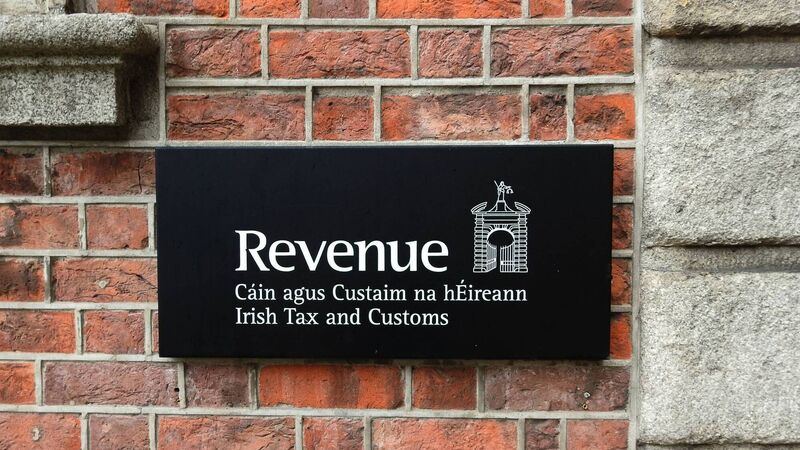Company failure rates fall to 17-year low, but 'further support required'

Revenue has, to date, parked around €3bn in Covid-impacted corporate and private tax debt as part of its debt warehousing scheme.
Additional supports will be needed to help companies repair their balance sheets, manage debt levels, and guard against any potential large increase in insolvency levels as the Covid crisis clears, a report has claimed.
A study by PwC has found that company failure rates in Ireland fell to a 17-year low last year as the Government’s Covid business supports propped up many sectors.











